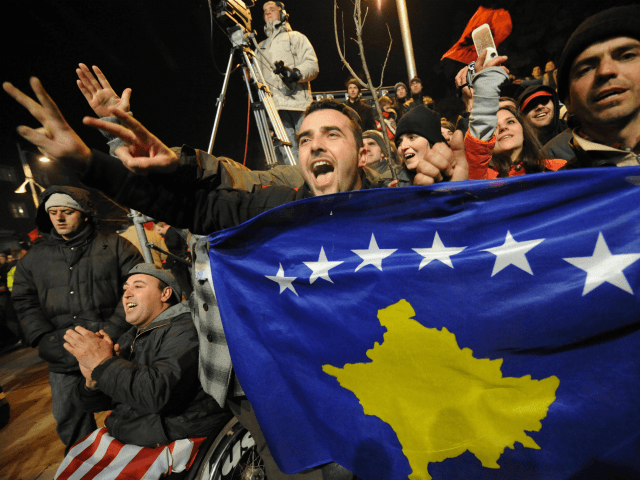The Republic of Kosovo, a partially recognized state in the Balkans, made a move this week to gain broader recognition as sitting President Hashim Thaci announced his decision to continue peace talks with Serbian President Aleksander Vucic in an effort to normalize relations between the two countries.
On Wednesday, President Thaci announced that the time has come “to sign a historic agreement between Kosovo and Serbia that will end a tragic era that lasted over a century.” People on both sides of the conflict remain optimistic, as Serbia’s center-right President Vucic has said he “will accept independence,” thereby joining over 110 other countries that already recognize Kosovo’s sovereignty.
Kosovo declared its independence from Serbia in 2008 as the Republic of Kosovo but Serbia has continued to claim it as its own autonomous province, while recognizing administration of the territory by Kosovo’s elected government.
The long and complicated history of Kosovo involves the struggle for autonomy by ethnic Kosovars against the former Yugoslavia. From 1993 until 1999, the Kosovo Liberation Army fought the State Union of Serbia and Montenegro, a conglomerate nation comprising the last two Yugoslav republics.
During the Kosovo War in 1999, NATO intervened on behalf of the Kosovars, lending military support by bombing the Federal Republic of Yugoslavia (Serbia and Montenegro). After a decade of provisional self-government, Kosovo formally declared its independence on February 17, 2008.
Serbia’s first president, Boris Tadic, held office from 2006 until 2012. A huge supporter of the European Union (EU), Tadic and his left-wing Democratic Party battled to regain Kosovo. President Vucic’s more conservative policies, however, have prioritized the normalization of Kosovan relations.
Both Kosovo and Serbia are pursuing EU membership and the EU reportedly seeks to fully normalize relations by the end of 2019. Vucic’s smashing victory in the 2017 Serbian elections signaled Serbians’ determination to seek a lasting solution in Kosovo.
The 2017 election cycle was the second win in a row for the center-right Serbian Progressive Party. Vucic won by 54.9 percent, a resounding 12 percent more than all other candidates combined. In a post-victory press conference, Vucic declared that the elections indicate a strong, united Serbia ready for change and peace with Kosovo.
Follow Thomas D. Williams on Twitter

COMMENTS
Please let us know if you're having issues with commenting.